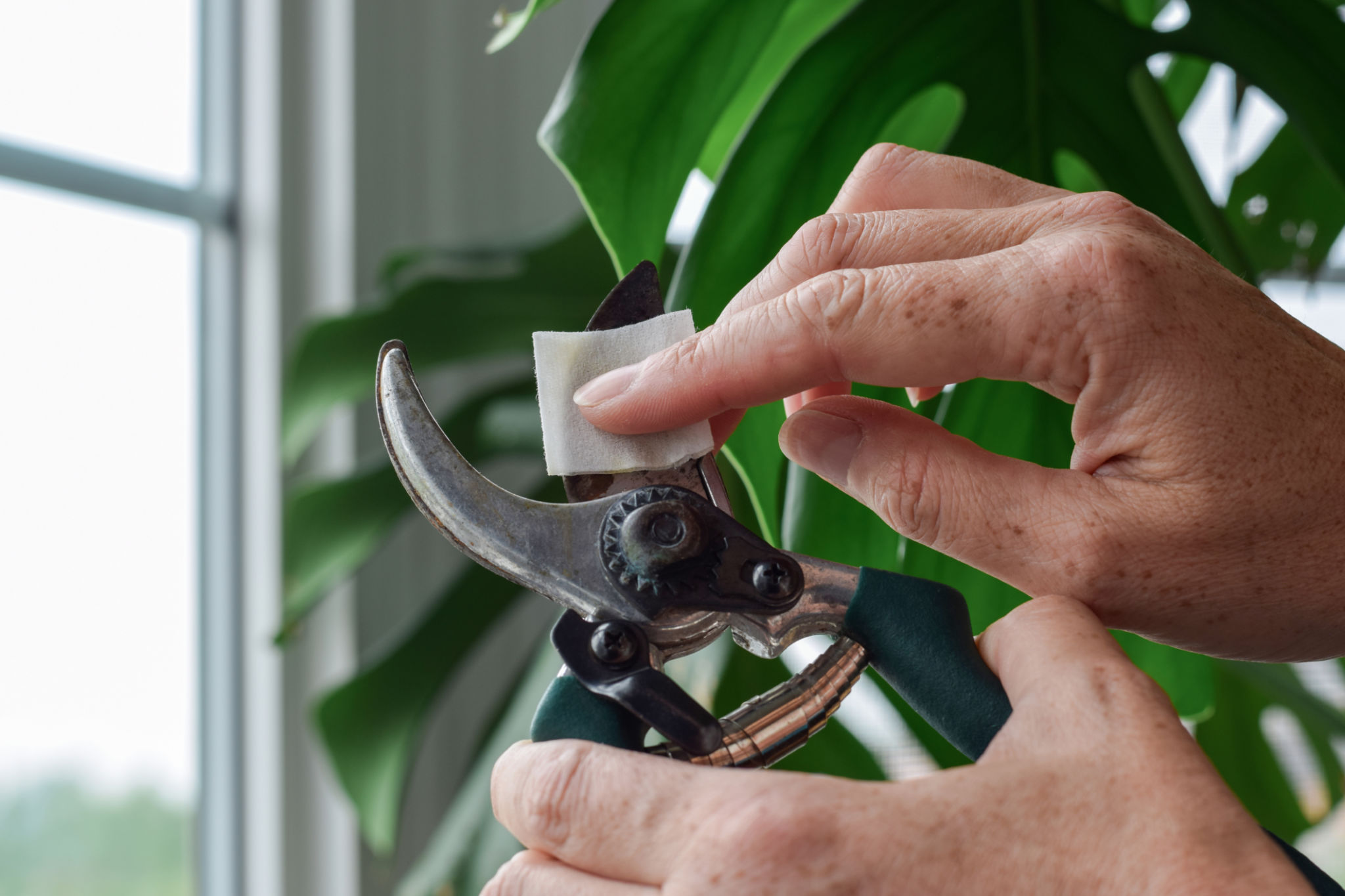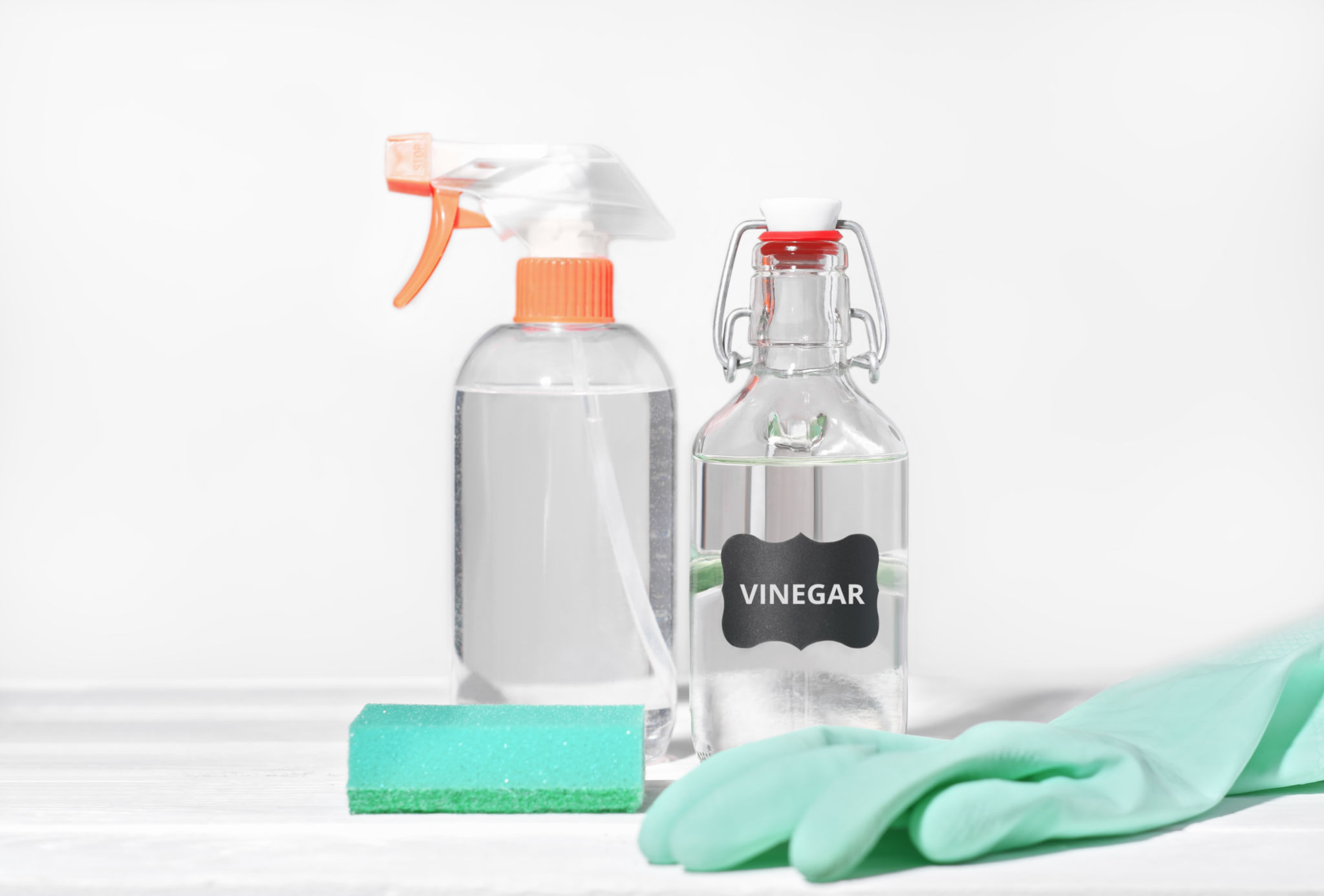Busting Common Window Cleaning Myths: What Really Works
Understanding Window Cleaning Myths
Window cleaning is often seen as a straightforward task, yet it’s surrounded by numerous myths that can lead to less-than-satisfactory results. These misconceptions can waste time, resources, and even damage your windows. In this post, we’ll debunk some of the most common window cleaning myths and provide insights into what truly works.

Myth 1: Only Sunny Days Are Ideal for Window Cleaning
Many people believe that sunny days are the best time to clean windows. However, this is a myth. When you clean windows on a sunny day, the cleaning solution tends to dry quickly on the glass, leaving streaks and spots. The best time to clean windows is during overcast days or when the sun is not directly hitting the windows. This allows the cleaning solution to stay wet longer, giving you ample time to wipe it off properly.
Why Overcast Weather Works Better
Cleaning windows under cloudy conditions ensures that there’s no direct sunlight causing premature drying. This prevents streaking and allows for a more thorough cleaning process. If you're planning a window cleaning session, check the weather forecast and choose a day with mild conditions.

Myth 2: Newspaper Is the Best Material for Streak-Free Windows
Using newspaper to clean windows is a trick passed down through generations. While it was once effective due to the type of ink used in printing, modern newspapers often leave ink smears on the glass. Instead, consider using microfiber cloths or squeegees, which are specifically designed to leave windows streak-free.
Choosing the Right Tools
- Microfiber Cloths: These cloths are highly absorbent and gentle on glass surfaces.
- Squeegees: Perfect for removing cleaning solution without leaving streaks.
- Lint-Free Towels: Another great option for drying and polishing windows.

Myth 3: Any Cleaning Solution Works
A common misconception is that any household cleaner can be used for windows. However, many products contain harsh chemicals that can damage window glass over time. It's best to use a solution specifically formulated for glass cleaning.
DIY Solutions That Work
If you prefer a homemade approach, mix equal parts vinegar and water for an effective and eco-friendly window cleaner. Vinegar cuts through grime while being gentle on glass surfaces. Always ensure you're using the right concentration to avoid any potential damage.

Conclusion: Banish Myths for Better Results
Busting these common window cleaning myths can significantly improve your results. By understanding what truly works, you can maintain sparkling clean windows that enhance your home's appearance. Remember, the right weather, tools, and cleaning solutions make all the difference in achieving professional-level cleanliness.
Incorporate these tips into your routine, and you’ll see clearer, streak-free windows in no time!